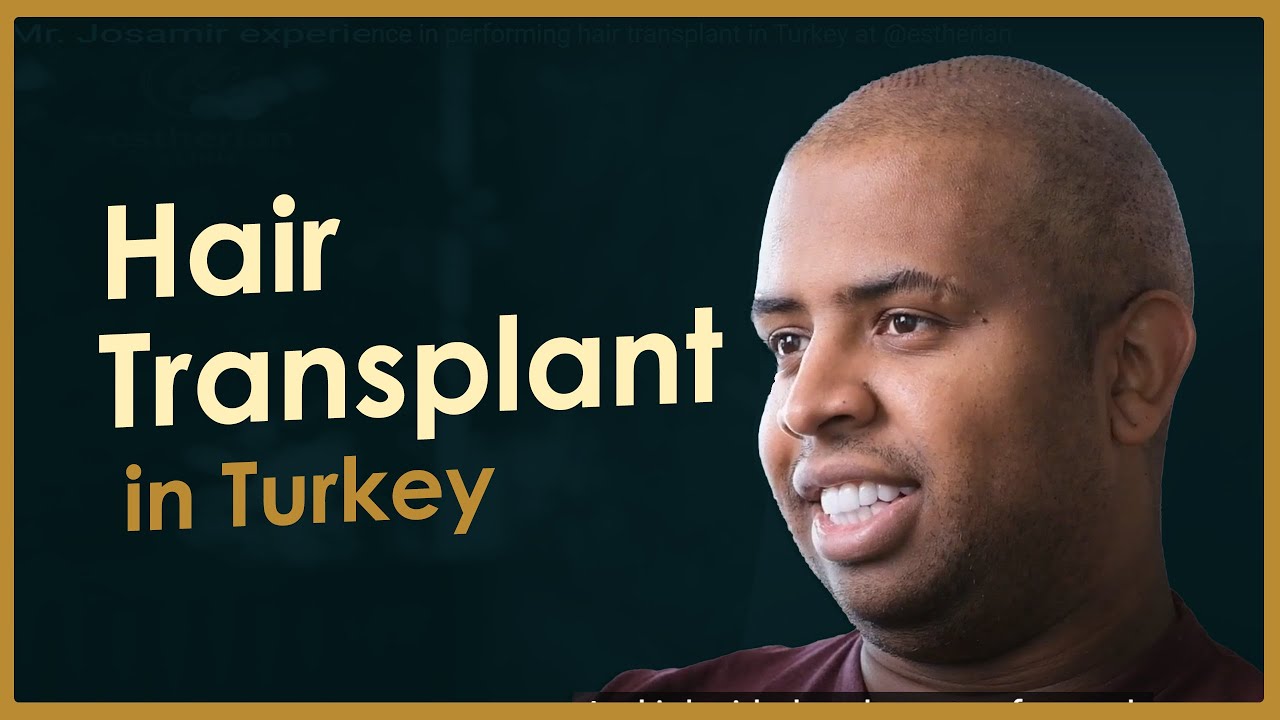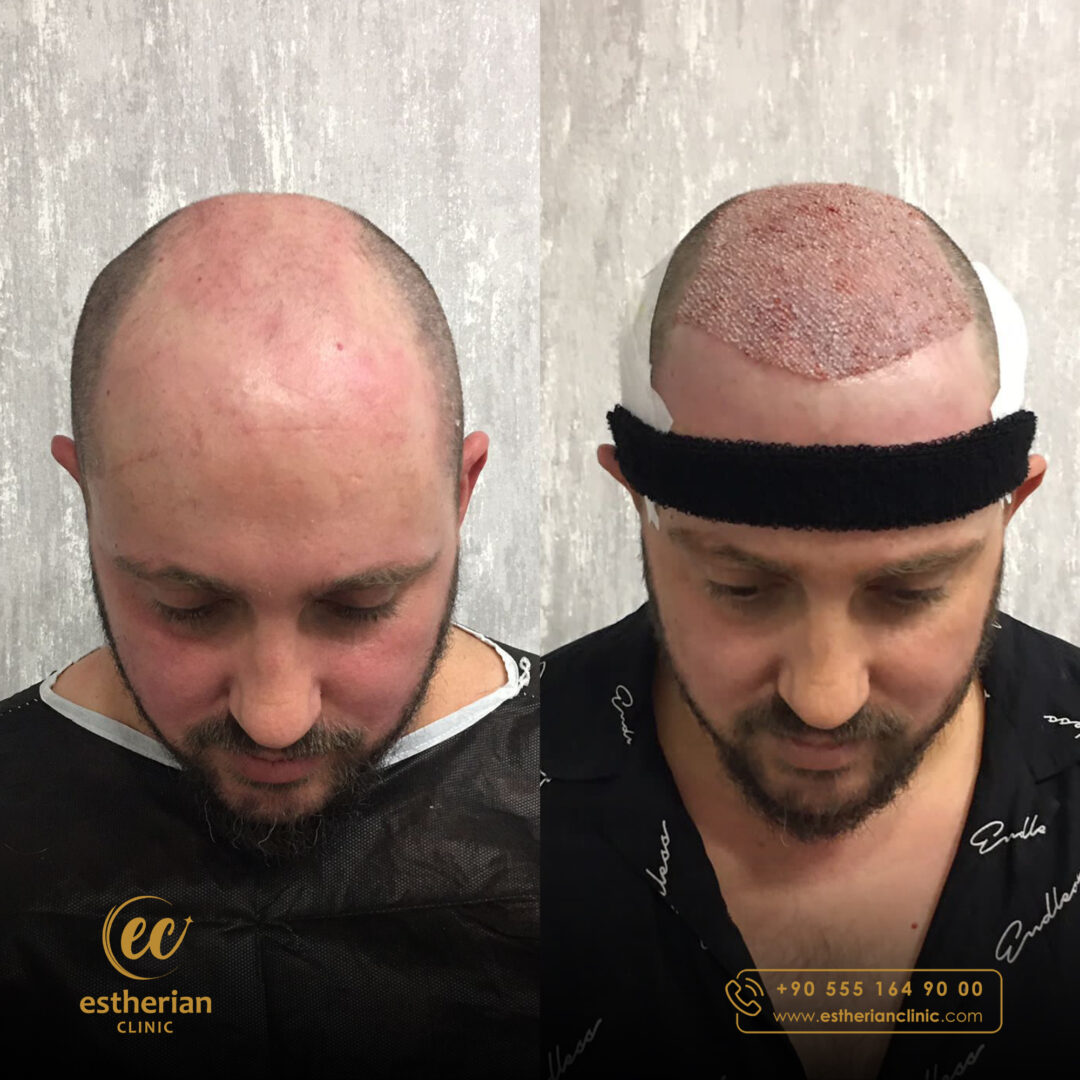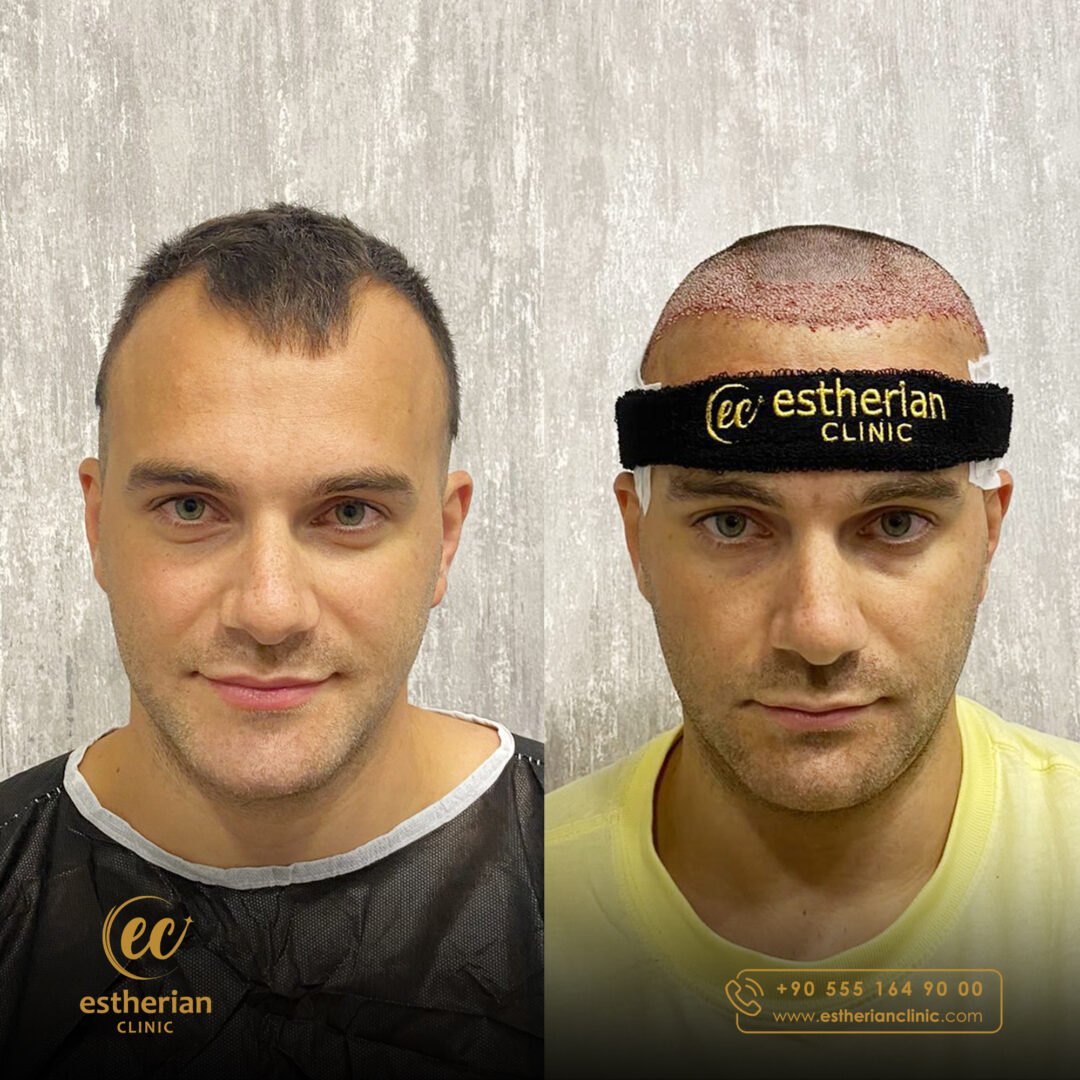DHI hair transplant in Turkey has gained popularity as one of the most advanced and effective methods for hair restoration. Known for delivering natural-looking results with minimal downtime, this technique involves implanting hair follicles directly into the scalp using a specialized tool. Turkey, renowned for its experienced surgeons and high-quality medical services, has become a leading destination for those seeking DHI transplant procedures. With lower costs than many Western countries, patients benefit from expert care and modern facilities while saving significantly.
Why Hair Matters
Hair plays a big role in a person’s appearance, self-image, and confidence. A healthy, full head of hair is often associated with youth, vitality, and attractiveness, while thinning or baldness can make some people feel older or self-conscious. Beyond aesthetics, hair also contributes to personal identity and style, influencing how others perceive you in both personal and professional settings. For many, restoring lost hair is not just about looks but also about regaining confidence and quality of life.
Causes of Hair Loss
Hair loss can happen for many reasons, and understanding the cause is the first step in finding the right solution. While some cases are temporary, others may be progressive and require medical or surgical intervention.
- Genetics: The most common cause, especially male and female pattern baldness.
- Hormonal changes: Such as thyroid disorders, pregnancy, menopause, or imbalances.
- Medical conditions: Autoimmune diseases (like alopecia areata), scalp infections, or chronic illnesses.
- Medications & treatments: Chemotherapy, certain blood pressure drugs, and more.
- Stress & lifestyle: Poor nutrition, emotional stress, or lack of proper hair care.
No matter the reason, modern techniques like DHI hair transplantation can help restore not only hair but also confidence, offering long-term and natural-looking results.
Techniques of DHI Hair Transplant
DHI (Direct Hair Implantation) is a modern hair restoration technique designed to provide precise and natural-looking results. Unlike traditional FUE methods, DHI allows each follicle to be implanted directly into the recipient area without creating pre-made channels. This helps control the angle, direction, and depth of each hair, resulting in a denser and more natural hairline.
Key aspects of the technique include:
- Micro-Extraction: Individual hair follicles are carefully extracted from the donor area, usually the back or sides of the scalp.
- Choi Implanter Pen: Each graft is implanted directly into the scalp using the specialized pen, allowing precise control over placement.
- Minimal Shaving: Only the donor area may be trimmed, leaving the rest of the hair intact.
- High Accuracy: The technique ensures optimal hair angle and direction, improving overall aesthetics.
- Faster Healing: Because incisions are tiny and precise, recovery is faster with minimal post-operative discomfort.
DHI hair transplant is particularly popular for patients who want high precision, natural density, and minimal downtime.

Procedures
The DHI transplant method involves several key steps. First, hair follicles are carefully extracted from the donor area, typically at the back of the head, using a micro motor device. Unlike other methods, DHI hair transplant in Turkey does not require creating incisions or channels beforehand. Instead, a special Choi implanter pen is used to place the hair follicles directly into the scalp at the desired angle, depth, and direction, ensuring a highly natural appearance.
Before Operation
Preparing for a DHI hair transplant in Turkey involves several important steps. Patients should avoid smoking and alcohol consumption for at least a week before the surgery, as these can affect blood circulation and healing. Additionally, any medications that thin the blood, such as aspirin, should be stopped in consultation with a doctor. It’s also essential to follow the clinic’s guidelines on washing the hair and scalp before the procedure. A detailed consultation with the surgeon ensures that the patient’s expectations and goals are clearly understood.
During Operation
During the DHI transplant, local anesthesia is applied to the donor and recipient areas to ensure the patient remains comfortable throughout the procedure. Hair follicles are extracted one by one using a micro motor, ensuring minimal trauma to the scalp. The surgeon then uses a Choi implanter pen to insert the follicles directly into the scalp. This process allows precise control over the placement of each follicle, resulting in a natural hairline and optimal density. The procedure typically lasts 6-8 hours, depending on the number of grafts required.
After Operation
Recovery after a DHI hair transplant in Turkey is relatively quick. Most patients can return to their normal activities within a few days. Mild swelling and redness in the transplanted area are common but subside within a week. The implanted hair may fall out within the first month—a normal part of the process known as “shock loss.” New hair growth begins after 2-3 months, with full results visible within 9-12 months. Post-operative care instructions, including how to wash and protect the scalp, are crucial for successful outcomes.
Who is a Good Candidates for DHI Hair Transplant
Ideal candidates for DHI hair transplant in Turkey are individuals experiencing hair thinning or baldness who have a sufficient donor area with healthy hair follicles. The technique is suitable for both men and women looking for a minimally invasive solution with natural results. Candidates should be in good overall health and have realistic expectations about the outcome. Those with early-stage hair loss often benefit the most, as the precise implantation method helps achieve maximum density and a natural look.
Many patients considering DHI hair transplant in Turkey also explore other popular methods such as FUE hair transplant. While both techniques offer impressive results, the key difference lies in the implantation process. Unlike FUE hair transplant, where channels are created before placing the grafts, DHI transplant uses a special implanter pen for direct placement, resulting in minimal scalp trauma and faster recovery. Whether opting for DHI or FUE, Turkey remains a top destination for hair restoration, offering world-class procedures at more affordable rates compared to Western countries. To learn more about other methods, check out hair transplant in Turkey options for a comprehensive understanding of available treatments.
Benefits of DHI Hair Transplantation
- No Pre-Made Incisions: Unlike traditional methods, DHI transplant does not require channel creation, minimizing trauma to the scalp.
- Natural-Looking Results: The use of the Choi implanter pen ensures precise control over hair placement, resulting in a highly natural appearance.
- Faster Recovery: Since the procedure is less invasive, patients experience a quicker recovery time with minimal scarring.
- Increased Density: The ability to implant follicles closer together allows for higher density, especially in areas like the hairline.
- Lower Risk of Damage: The direct implantation technique reduces the handling of hair follicles, improving their survival rate.
Risks of DHI Hair Transplant
DHI hair transplantation is generally considered safe, especially when performed by experienced surgeons. However, as with any surgical procedure, there are some potential risks and side effects that patients should be aware of. Understanding these helps you prepare and take precautions to minimize complications.
Common side effects are usually temporary and mild:
- Swelling and Redness: Some swelling around the forehead and recipient area is common after the procedure and usually resolves within a few days.
- Mild Discomfort or Pain: Slight soreness in the donor and recipient areas can occur, managed easily with prescribed pain medication.
- Itching or Irritation: The scalp may feel itchy as it heals, which is a normal part of the recovery process.
Less common but possible risks include:
- Infection: Rare, but can occur if proper post-operative care and hygiene are not maintained.
- Follicle Shock Loss: Temporary shedding of transplanted or existing hair may happen, but this is usually temporary and regrowth occurs.
- Scarring: Minimal scarring is expected in the donor area, but it is typically inconspicuous.
- Uneven Hair Growth or Density: Slight irregularities in hair growth or density can occur if grafts do not take uniformly, though skilled surgeons minimize this risk.
By following post-operative instructions carefully and choosing a board-certified surgeon with DHI experience, most risks are significantly reduced, and patients enjoy safe and predictable results.
FAQs about DHI Hair Transplant in Turkey
Is a DHI hair transplant painful?
No, the procedure is performed under local anesthesia, so patients do not feel pain during the operation. Mild discomfort may occur during recovery but it is usually manageable.
How long does the DHI transplant take?
The procedure typically takes 6-8 hours, depending on the number of grafts being implanted.
When can I return to normal activities?
Most patients can resume their normal routine within 2-3 days, but it’s advisable to avoid strenuous activities for about a week.
Are the results of a DHI hair transplant permanent?
Yes, the results are permanent. The implanted hair follicles are resistant to hair loss, ensuring long-lasting coverage.
How soon will I see results after a DHI hair transplant?
Initial hair shedding occurs within the first month, followed by new hair growth after 2-3 months. Full results are typically visible after 9-12 months.
Will there be visible scars?
DHI is a minimally invasive technique, so scarring is negligible. The donor area heals with tiny puncture marks that are hardly noticeable, even with short haircuts.
Can I wash my hair after DHI?
Yes, gentle washing is recommended after a few days, following your surgeon’s specific instructions to avoid disturbing grafts. Avoid harsh rubbing or scratching the scalp.
DHI Hair Transplant In Turkey: Before and After




